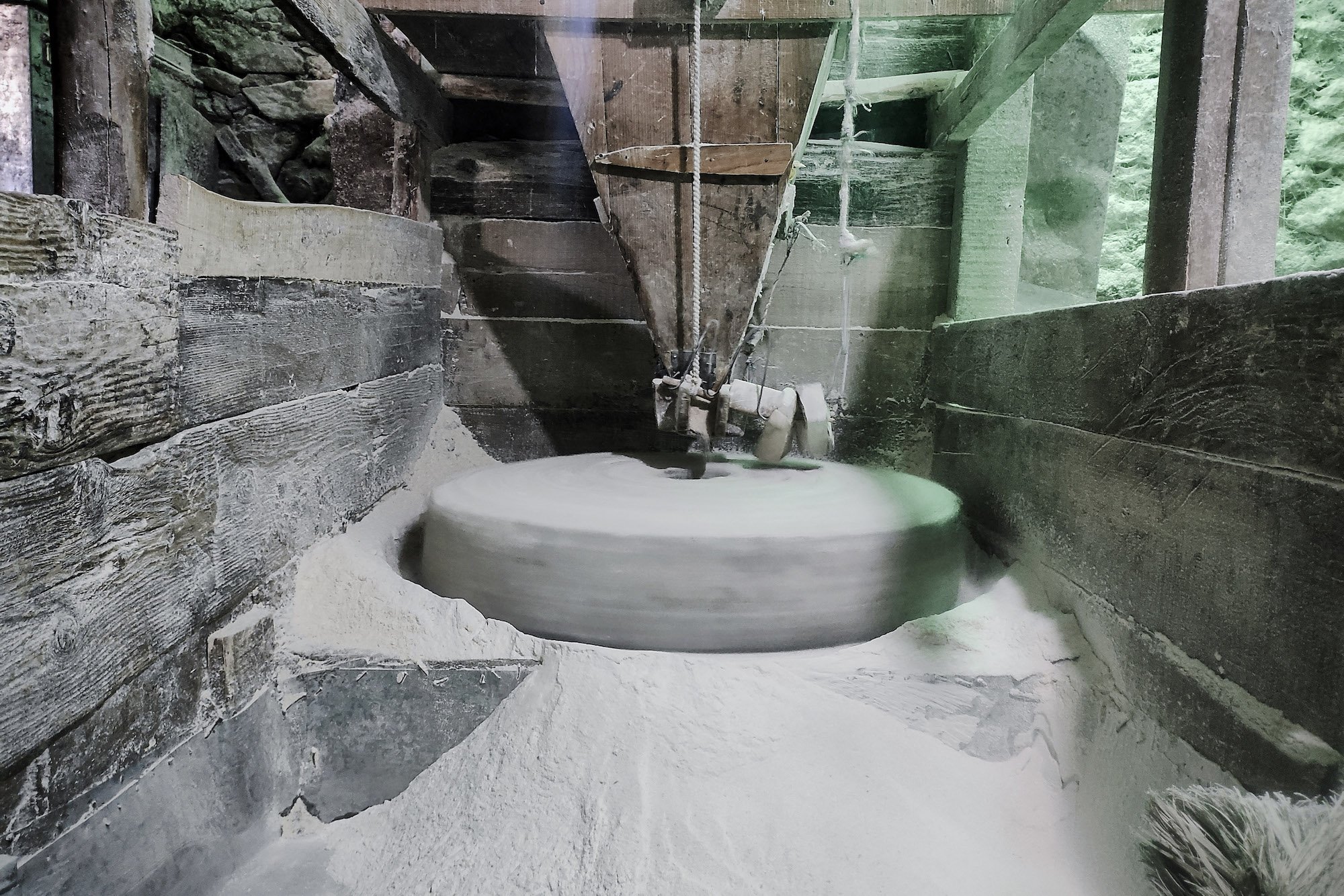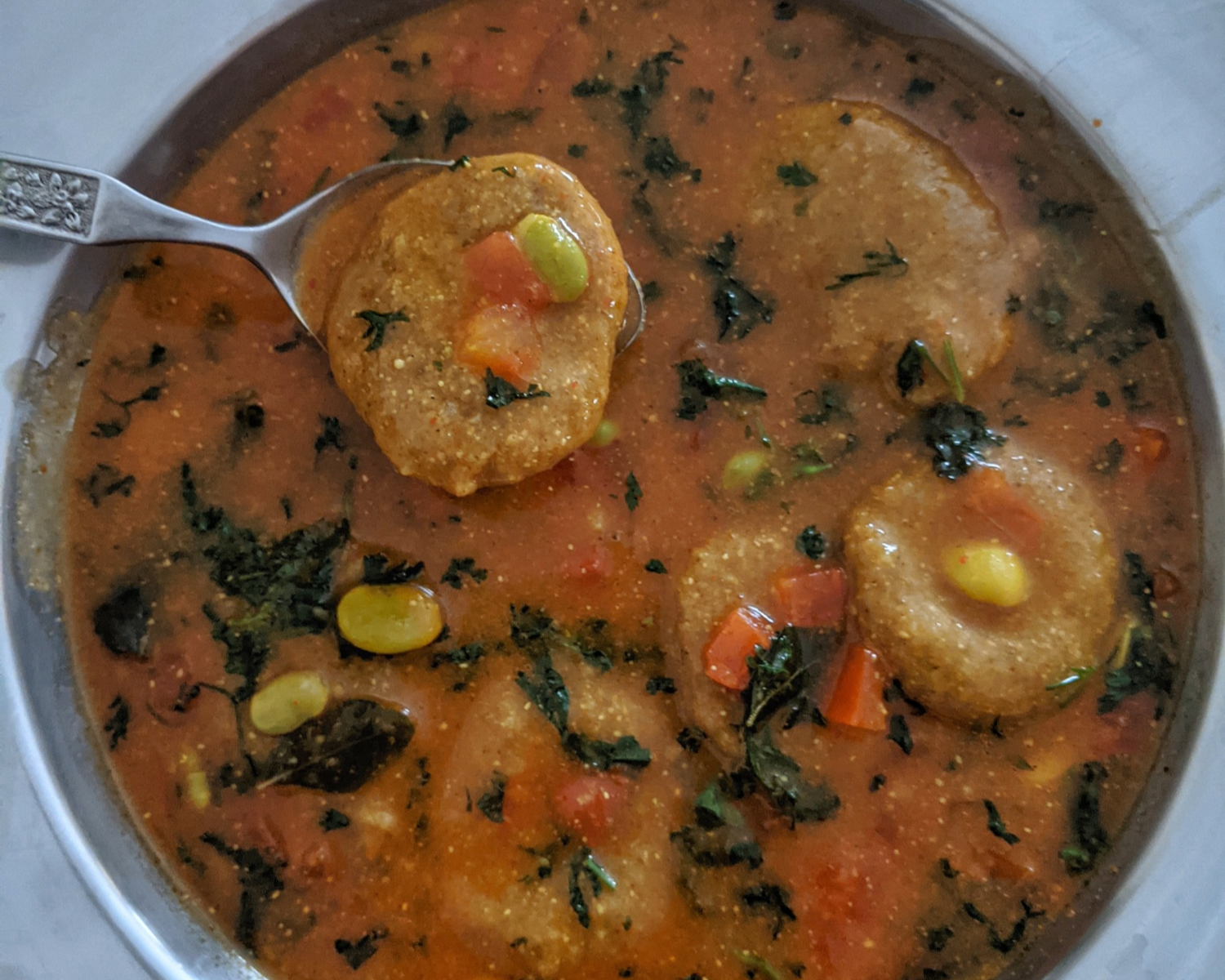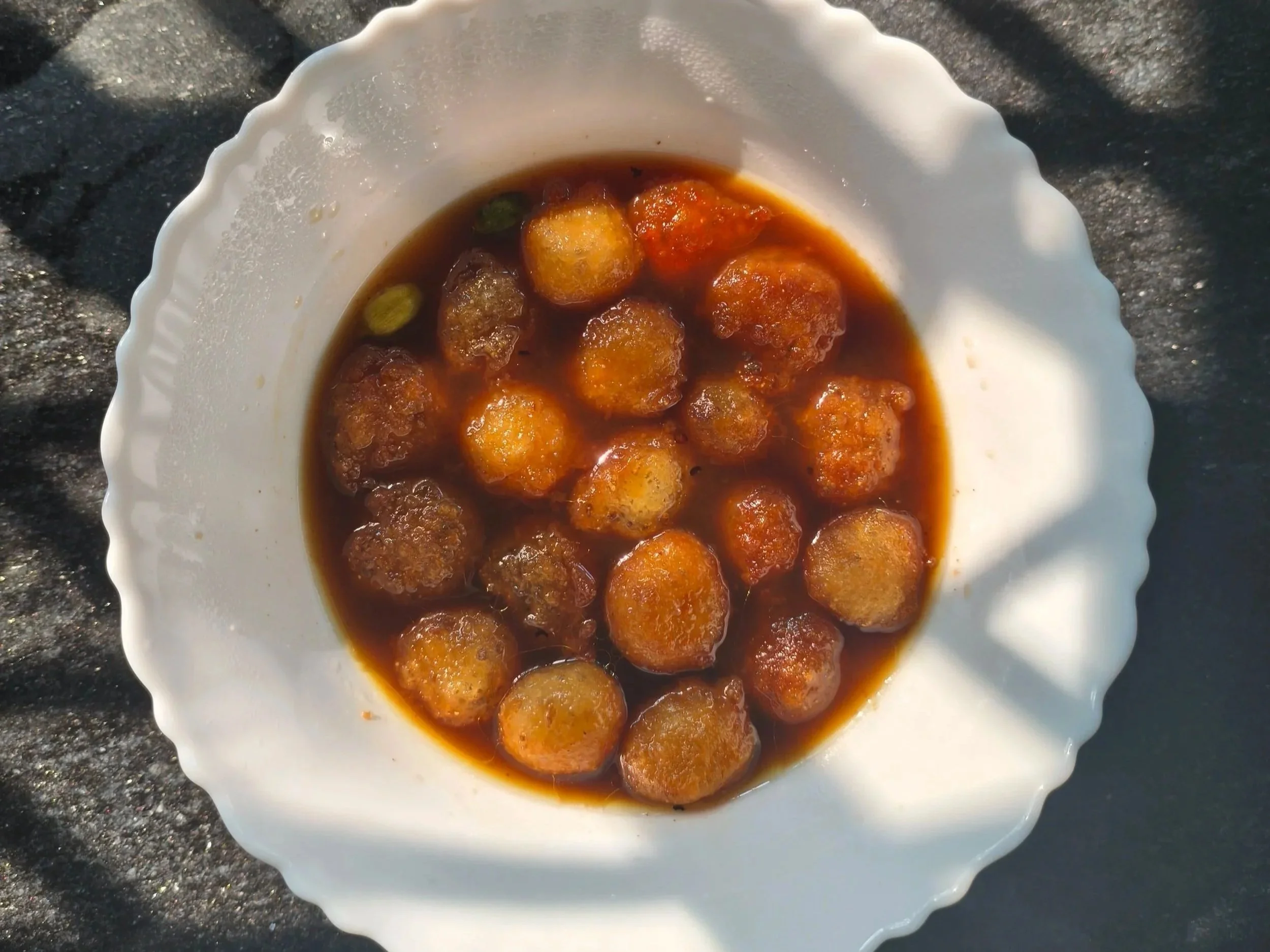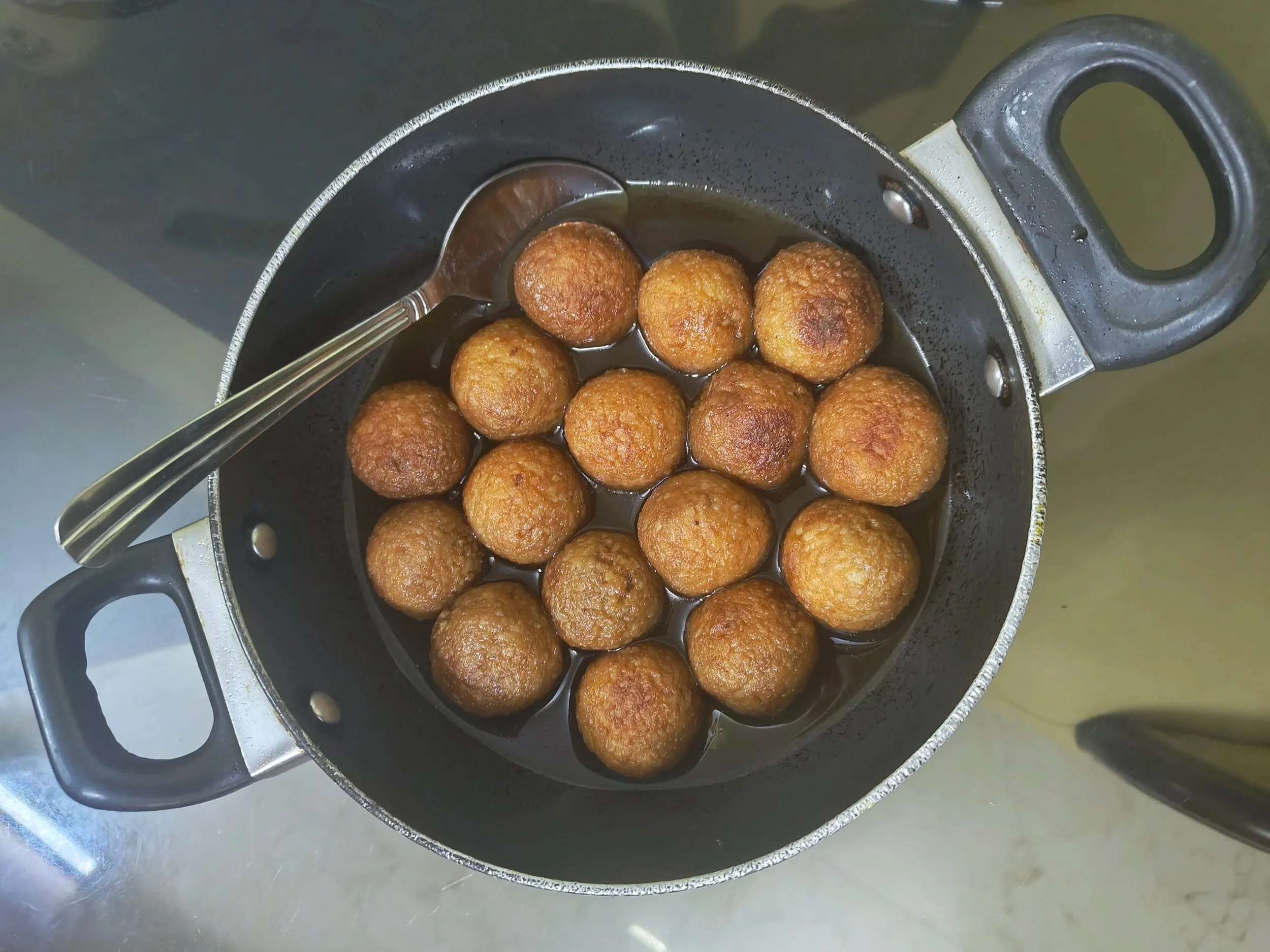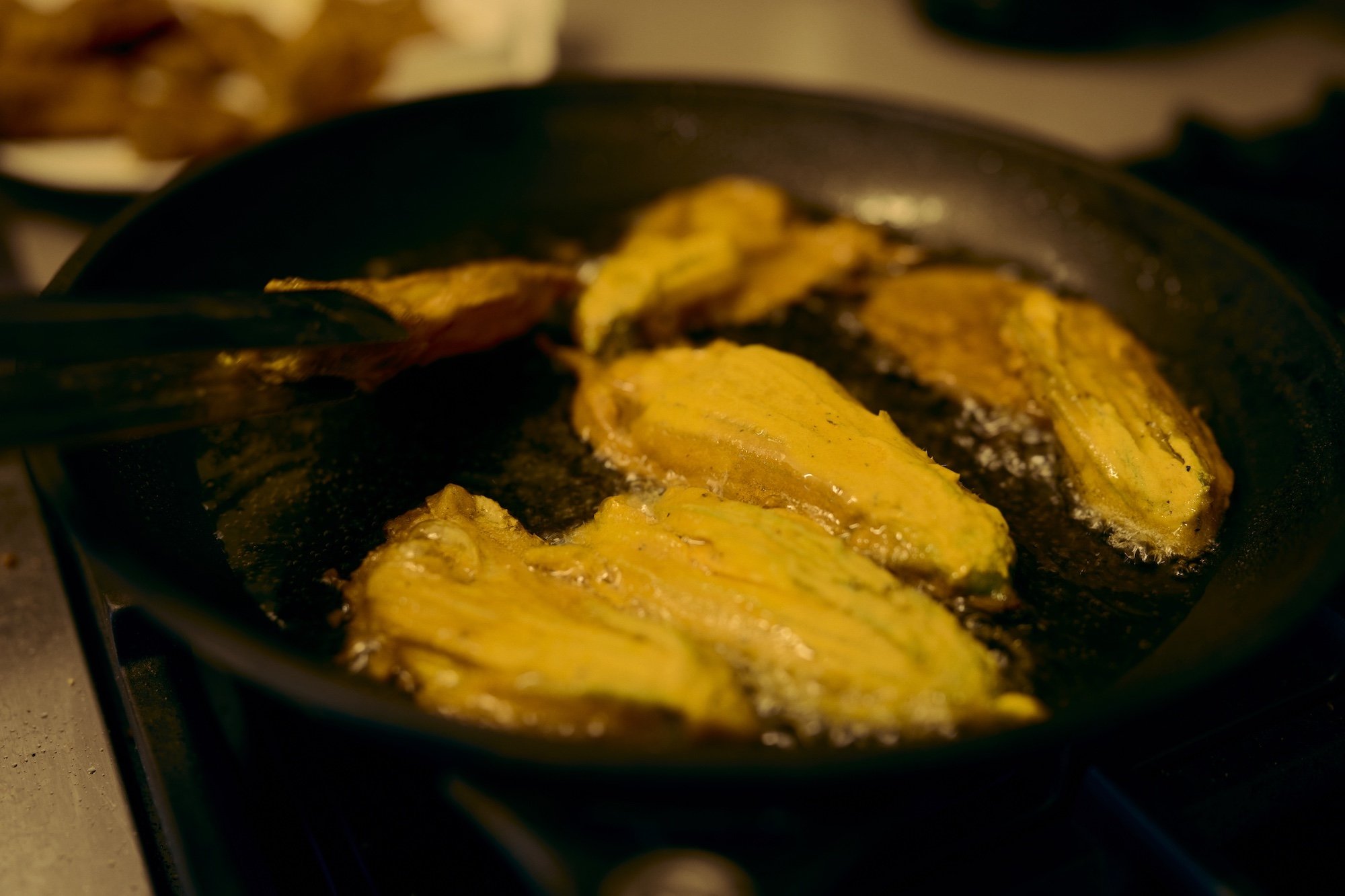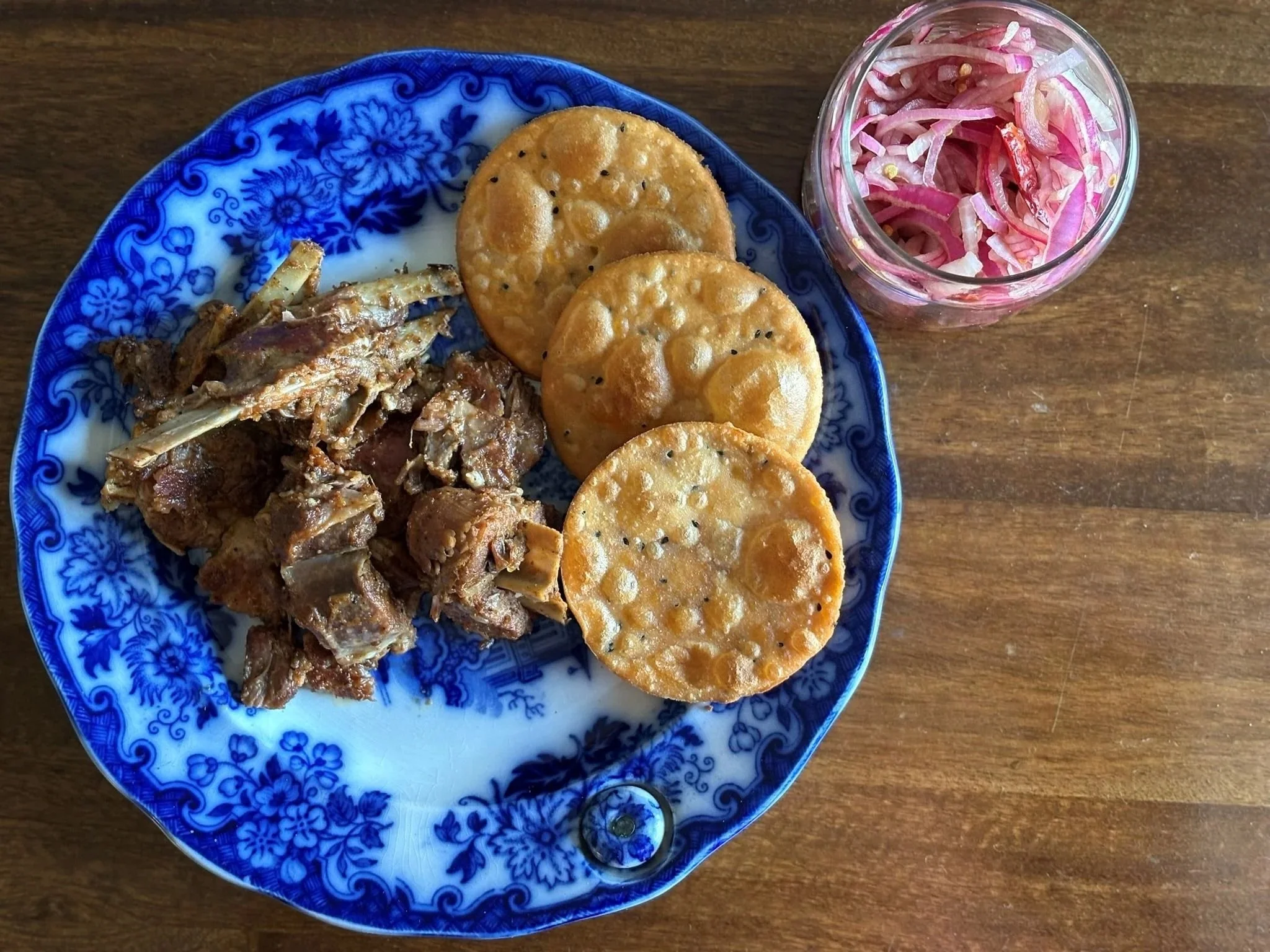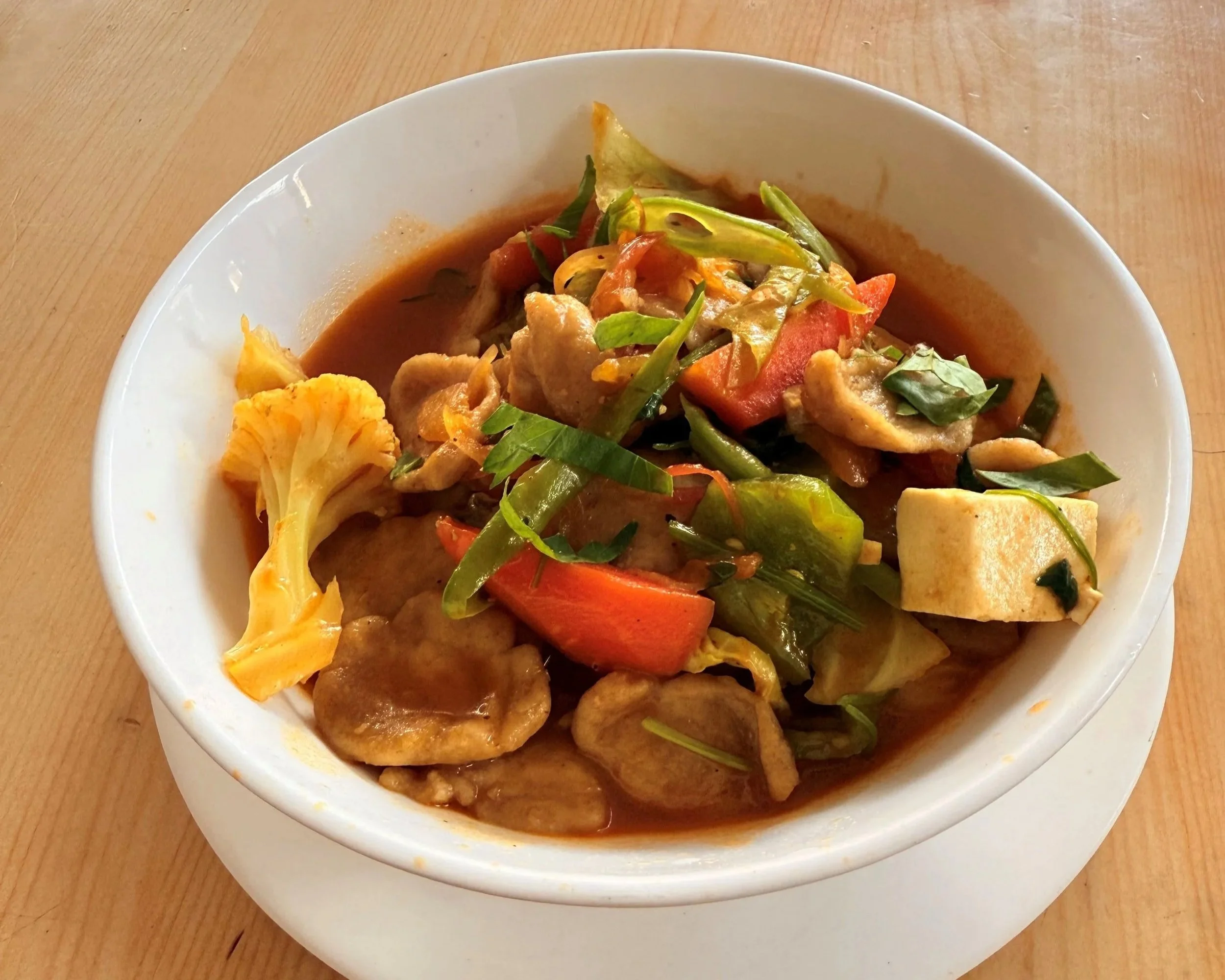Sabaz Ali Runs One of Kashmir's Oldest Water Mills

The people of Kashmir have traditionally used ghratas (flour mills powered by flowing water) to make flour from grain. But ghratas have slowly begun to disappear. Many traditional mills have shuttered, unable to compete with the availability of packaged flours, and increasing water pollution due to which many streams have turned dry.
Sabaz Ali, 70, one the oldest persons in Kashmir's Bandipora district to be running a water wheel flour mill, is the last man holding out amidst this quiet disappearance.
An elderly man opens the door to a 100-year-old tin shed every morning in Kashmir’s Bandipora district, to run flour through a traditional water flour mill, locally known as 'Aab-e-Gratta' in the Kashmiri language.
Sabaz Ali, 70 years old, has a face lined with shadows and wrinkles. He makes his living preserving this ancient tradition. Ali has been operating this water flour mill since he was a young man.
In recent years, many mills around the area have closed their doors. Ali believes he is too old to run it any longer, but if he doesn’t, who will? "I may pass on to the next world, but there is no one left to care for this mill. Which is truly unfortunate," he sighs.
Sabaz Ali is looking for a customer at the main entrance of his mill. (Photo: Amaan Bhat)
The Analog Workings of a Water Mill
He points out its components, explaining its operation, "The mill runs entirely on water. It is made up of an axel, two large, flat stones, and a wheel. The flowing water will turn the wheel, which facilitates the movement of the stones. The grains are then pounded in the spaces between the rocks to produce fine flour," Ali points out.
The development of water mills in Kashmir has a long history that is intimately connected with the topography, climate, and agricultural practises of the area. Kashmir, known for its beautiful valleys and plentiful water supplies, is the perfect setting for the creation and use of water mills. The region’s water mills date back to ancient times, and the technology was likely brought to Kashmir by Buddhist monks who were skilled in engineering and the techniques of irrigation.
Water flour mills, also known as 'Aab-e-Gratta' were used to harness the power of flowing water for milling grain. These mills played a crucial role in the local economy, enabling the processing of food crops, and supporting the agrarian society of Kashmir.
Rice is being ground at the water flour mill to make flour. (Photo: Amaan Bhat)
“I tried my hand at a rice huller (or husker) and a spice mill, but I was unsuccessful because of the unavailability of the tools we needed. It eventually led me to the solution of a water mill,” Ali recalls.
"In the early days, when the water flour mill was still in its infancy, very few people came into my store. But I didn't lose hope. Today there are many customers who come here to get their work done, many who also come to talk to me about the history and culture of our food and culinary traditions.” Ali’s water mill grinds grains of wheat, rice, and maize into flour that is used for a variety of purposes, including “to make roti (bread) that goes with Kashmiri Noon Chai (salt tea or pink tea)," Ali explains.
"We produce between 100 and 150 kilograms of flour every day, which is not a simple task. It requires all of my effort and power. But people travel here from places as far as the Bandipora areas. I feel good when customers travel here, and that keeps me going," Ali says.
Rice flour being collected in a tray
Photos by Amaan Bhat
Traditionally Milled Flour, Free of Additives
Many customers who often visit Ali's shop make bread only with this traditionally milled flour, devoid of any commercial additives. Faizan Nabi, 21, a regular customer, told us that despite an abundance of packaged flour in the market, his mother prefers flour from Ali’s water mill. “As responsible citizens, we should continue to practise our old traditions. But sadly, no one else seems to care. It appears there won't be any more mills in the future that our next generations could see,” says Nabi.
Sabaz Ali mirrors his dismay. "Pollution has made work more difficult, as I now have to clean the water stream coming towards the mill several times each day to remove garbage. People dump trash into waterways, including diapers and polythene bags, which disrupts my job and makes it very difficult. Instead of using garbage collection vehicles, people throw all kinds of trash into water bodies."
Ali cleans up the polythene and plastic waste from the waterway that leads to his mill. (Photo: Amaan Bhat)
He believes Kashmir’s younger generation is not keen to keep these old practices alive. “Hard effort and devotion are essential for success in any endeavour, but they are gravely lacking in today's era,” he says grimly. “Even though there are numerous varieties of packaged and loose flour available in the market, my customers still prefer to come here because they know that this flour is delicious, and that matters to them. It is made in front of them; and there are no preservatives used," Ali says with conviction.
An ex-mill owner in the neighbourhood commiserates. “Operating a mill today is utterly admirable since, regrettably, people have just forgotten and are caught up in modernisation.” He pauses. "I hope Ali will keep this mill open. I had to close my mill due to poor customer flow and the inability to earn enough money to feed my family.”
Until a few years ago there were several water mills operating across Bandipora, but only a few remain; Sabaz Ali's mill is the only one that is run from the district's main town.
Shaizan Nadaf is a multimedia journalist based out of Kashmir, covering subjects of culture, education, environment, food, gender, health and politics.
Amaan Bhat is is a photo-journalist based out of Kashmir.
READ MORE ON GOYA


